
At the turn of the 19th and 20th century Finnish philologist G. J. Ramstedt travelled around Mongolia and Central-Asia. In this documentary Ramstedt’s memoirs are heard in the modern day setting, where tradition is replaced with hunger for money, and deserts give way to cities.

Es la palabra "horda" la que significó, para muchos países y naciones, redadas sangrientas y estar bajo una contribución humillante durante siglos, un mundo extraño y aterrador con sus propias reglas y costumbres. Ser o no ser para Rus (Ruthenia), ese es el precio de la misión de un solo hombre, ya que se está yendo a este mundo para lograr una hazaña. La película cuenta la historia de cómo san Alexio, el metropolitano de Moscú y el trabajador de las maravillas de toda Rusia, curó a la reina tártara Taidula, la madre de Jani-Beg, de la ceguera, en 1357.
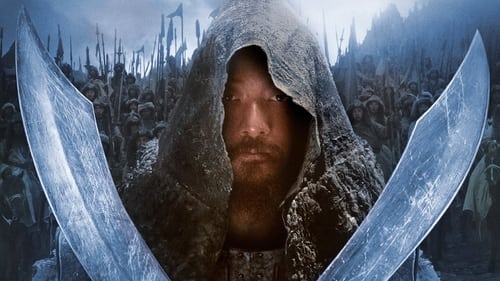
Narra la vida del legendario y tembile Genghis Khan desde su esclavitud hasta que conquistó la mitad del mundo, incluyendo Rusia en 1206. Una superproducción de corte épico que fue seleccionada por Kazajstán como candidata al Oscar a la mejor película de habla no inglesa.
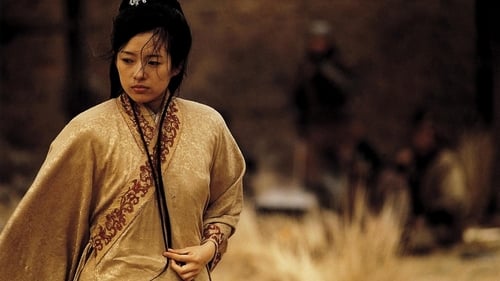
Año 1375. China está dominada por el caos debido a los enfrentamientos entre las dinastías Yuan y Ming. La dinastía Koryo envía una delegación de diplomáticos y soldados como emisarios de buena voluntad para ofrecer la paz al nuevo gobierno chino representado por los Ming. Pese a ello, la delegación será acusada de espionaje y enviada al exilio a un lejano desierto. Por el camino será atacada por tropas de los Yuan...
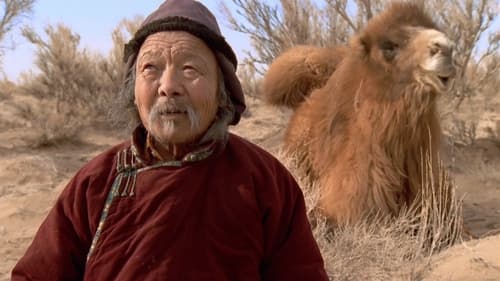
Documental ficcionado sobre una familia de pastores nómadas mongoles a los que les nace un camello albino que su madre rechaza.
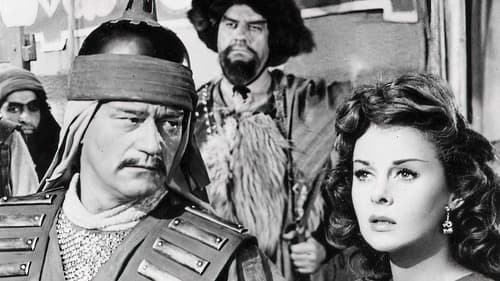
Edad Antigua, Mongolia. El señor de la guerra Temujin debe luchar contra un clan rival que ha asesinado a su padre. Pero el guerrero vive dominado por otras preocupaciones: su vida familiar se puede ver amenazada por su deseo de conquistar el corazón de una prisionera tártara, la pelirroja Bortai, que fue capturada en un acto de pillaje. También debe hacer frente a varias intrigas palaciegas. (FILMAFFINITY)

Una promesa, un viejo y destrozado violín de cabeza de caballo y una canción que se creía perdida llevan a la cantante Urna de regreso a Mongolia. Su abuela fue obligada a destruir su querido violín en el tumulto de la Revolución Cultural china. La ancestral canción de los mongoles. 'Los dos caballos de Genghis Khan' estaba grabada en el astil del violín. Sólo el astil y la cabeza de caballo del violín sobrevivieron a la tormenta cultural. Ahora es el momento de cumplir la promesa que Urna hizo a su abuela. (FILMAFFINITY)
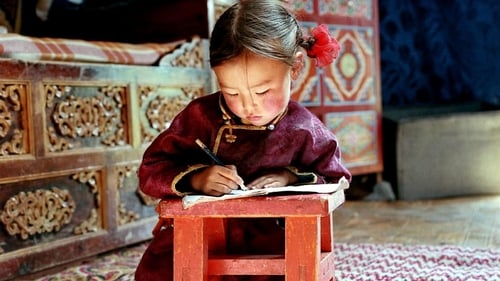
Nansal, la hija mayor de una familia de nómadas mongoles, se encuentra un día un cachorro mientras recoge leña para su madre en un campo cercano a su casa. Desde el primer momento se encapricha del perrito pero, cuando lo lleva a casa, su padre tiene miedo de que les traiga mala suerte, ya que cree que puede ser descendiente de lobos, y le pide que se deshaga inmediatamente de él...

A recently widowed affluent woman, Undral, faces an inevitable challenge when she must bring her late husband's former wife to the city from the countryside.

When his white stallion disappeared, Shukhert embarked upon a race against time to track down the bandits, find his horse, and bring it home before winter. In this documentary, like a Western set in the East, life seems stranger than fiction – despite this being an absolutely authentic tale. Horse thefts are commonplace in this region, each triggering epic hunts across the spectacular steppes of northern Mongolia. From Buddhism to Shamanism, from horses to reindeer, and from hunters to those looking for gold, his journey is punctuated by a range of encounters that help explain the diversity of this complex region with its ethnic and socio-economic tensions. Thanks to his knowledge of the Mongolian territory, culture, and language, and his extensive experience of the region over the past 10 years, Hamid Sardar takes us on a journey into a world accessible only to a rare few, where safety and justice are pushed to their limits.

A mongolian interpretation of Kafka's "The Castle".
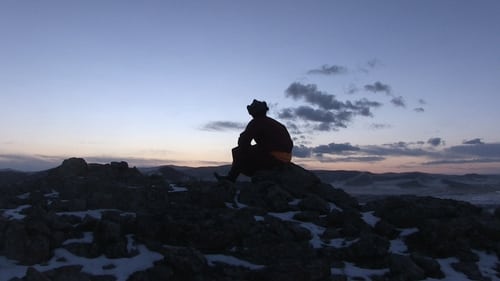
Currently Mongolia’s capital has 1.5 million inhabitants - half the population of the country. 50-year Tumurbaatar is only one of many coming to the city to fulfil their dreams of a better life.

Un funcionario del servicio de inteligencia estadounidense debe viajar hasta China. Una vez allí, su misión será tratar de evitar la ejecución de un grupo de rehenes norteamericanos. (FILMAFFINITY)
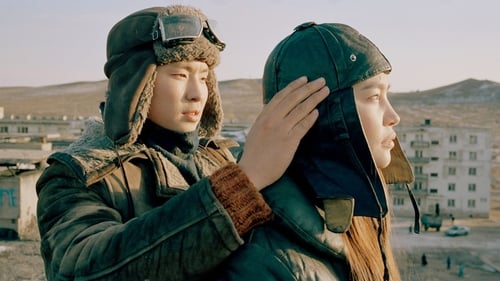
Set in the frozen steppes of Mongolia, a young nomad is confronted with his destiny after animals fall victim to a plague which threatens to eradicate nomadism.

The Darkhad and Soyon Uriyanghai peoples live in a vast valley in Northern Mongolia, much as their ancestors have for centuries. "Taiga" is the record of a long period spent by the German filmmaker Ulrike Ottinger among these people.


During the 12th Century a boy is born to a tribal chief. He is named Temujin, which means "blacksmith." Nine years later, his father is murdered by the Tartars After a long struggle, just when Temujin reclaims tribal chief status, the Merkit tribe kidnaps his wife. In order to fight against the Merkits, Temujin has to use his mother as a pawn in exchange for troops from ally tribes. Temujin manages to rescue his wife only to realise that she is pregnant with the enemy's child. Enduring tremendous anguish, Temujin throws himself into battle against the Tartars and slaughters the leader of the intruders. He eventually takes his wife back and accepts her child. Later on, he begins a campaign to unify all Mongolian tribes. By the age of 40, he is bestowed the title "Genghis Khan", which means "oceanic ruler".
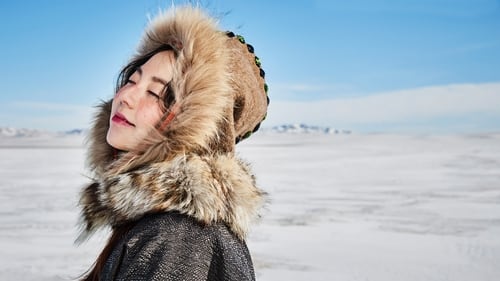
This movie was produced by the beauty brand Lancome and fashion magazine Marie Claire’s collaboration to celebrate International Women’s Day on March 8th.

Α Bengalese architect builds library boats that can bring books to people even during the monsoon season. Α Mongolian author packs two boxes full of books each summer to provide reading material to children in remote areas. Α Kenyan librarian leads caravans of camels loaded with boxes of books to the nomadic tribes bordering Somalia. Despite the heat, wind, rain or snow, they still manage their long journeys. This film about the fascinating world of mobile libraries tells of unusual means of transportation and adventurous travel, of different cultures and lifestyles, of the worries, aspirations and dreams of people in these areas – of books that change lives – and of book lovers, who take on unbelievable challenges in order to provide people in the remotest areas of the world with reading material. A film about the love of literature and the respect for knowledge that accepts no boundaries.

The joys of the youth gather together for the New Year's Eve will lead to unimaginable circulation, interesting events and terrible events.
















